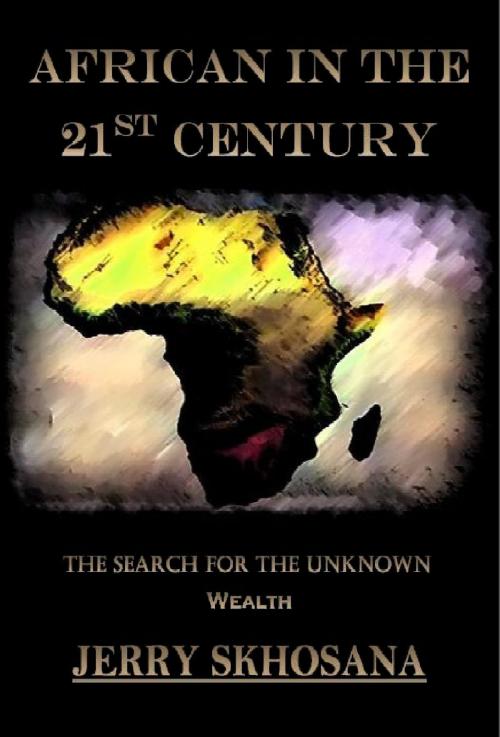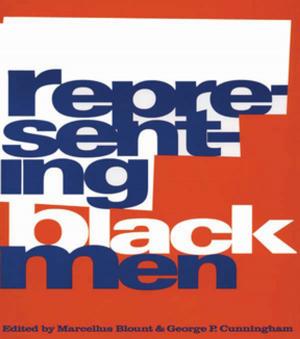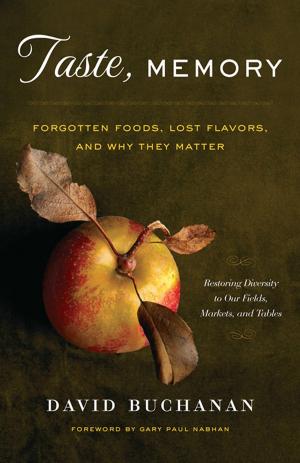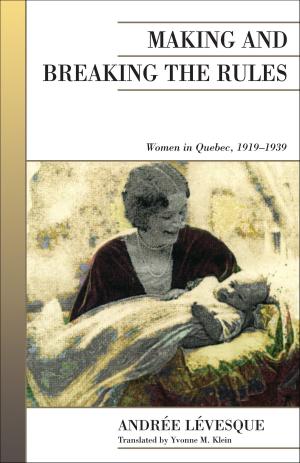African in the 21st Century
Business & Finance, Economics, Economic Conditions, Nonfiction, Social & Cultural Studies, Social Science| Author: | Jerry Skhosana | ISBN: | 9780620649018 |
| Publisher: | Jerry Skhosana | Publication: | February 18, 2015 |
| Imprint: | Smashwords Edition | Language: | English |
| Author: | Jerry Skhosana |
| ISBN: | 9780620649018 |
| Publisher: | Jerry Skhosana |
| Publication: | February 18, 2015 |
| Imprint: | Smashwords Edition |
| Language: | English |
African in the 21st Century: The search for the unknown (Wealth)
What is the role of an African in the 21st century? The book seeks to ask Africans worldwide about their role in global issues as they relate to wealth and economic prosperity. Prior to the start of the 20th century the role of Africans was already largely defined, however in the 21st century Africans have not defined their roles as visibly as the West and Asia-Pacific have done. The fact that GDP growth in Africa has been fuelled by infrastructure development and construction is a cause for concern for the young people of Africa. The author of the book was 10 years old at the beginning of the 21st century and to this day his role in the world hasn’t been defined. The book speaks about the pitfalls of the current structures in African societies as it relates to wealth. The book is a must read as it speaks about the economic structures of the African economy in relation to young Africans.
The book is separated into six unique chapters. The chapters address the many misconceptions we have as Africans on prosperity and wealth. The book speaks about creating wealth for future generations as it was the case with other wealthy civilizations worldwide. Africa’s biggest failure has been the transferability of that wealth for it to create substantial African wealth and thus creating a wealthy continent.
Chapter 1Culture; Culture is undoubtedly the biggest contributor to wealth creation in any society on the planet. The chapter on culture speaks about how culture has for centuries prevented the African race from amassing wealth and how it is still a big hindrance into the 21st century.
Chapter 2 Education; Education is certainly important to progress, however education has failed to bring progress to Africa and Africans in general in the equivalence of Asia-Pacific and the West. Education in Africa continues to produce academics, scholars and many professions which are not pro wealth creation. The Universities in Africa have produced people who are materialistic and individualistic in pursuit of wealth, the complete opposite of other successful racial groupings at similar junctures in their development.
African in the 21st Century: The search for the unknown (Wealth)
What is the role of an African in the 21st century? The book seeks to ask Africans worldwide about their role in global issues as they relate to wealth and economic prosperity. Prior to the start of the 20th century the role of Africans was already largely defined, however in the 21st century Africans have not defined their roles as visibly as the West and Asia-Pacific have done. The fact that GDP growth in Africa has been fuelled by infrastructure development and construction is a cause for concern for the young people of Africa. The author of the book was 10 years old at the beginning of the 21st century and to this day his role in the world hasn’t been defined. The book speaks about the pitfalls of the current structures in African societies as it relates to wealth. The book is a must read as it speaks about the economic structures of the African economy in relation to young Africans.
The book is separated into six unique chapters. The chapters address the many misconceptions we have as Africans on prosperity and wealth. The book speaks about creating wealth for future generations as it was the case with other wealthy civilizations worldwide. Africa’s biggest failure has been the transferability of that wealth for it to create substantial African wealth and thus creating a wealthy continent.
Chapter 1Culture; Culture is undoubtedly the biggest contributor to wealth creation in any society on the planet. The chapter on culture speaks about how culture has for centuries prevented the African race from amassing wealth and how it is still a big hindrance into the 21st century.
Chapter 2 Education; Education is certainly important to progress, however education has failed to bring progress to Africa and Africans in general in the equivalence of Asia-Pacific and the West. Education in Africa continues to produce academics, scholars and many professions which are not pro wealth creation. The Universities in Africa have produced people who are materialistic and individualistic in pursuit of wealth, the complete opposite of other successful racial groupings at similar junctures in their development.















